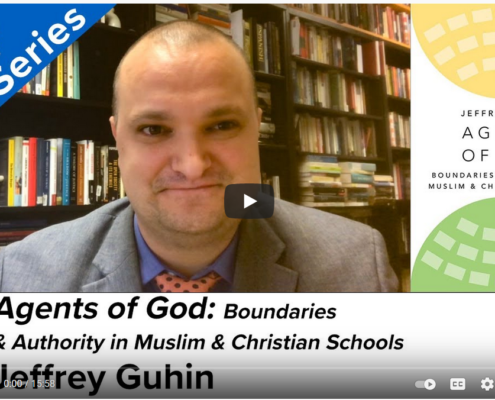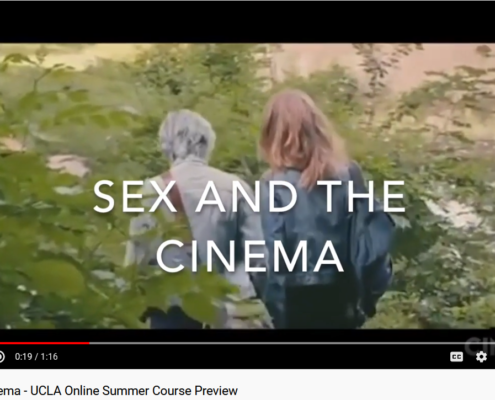Posts

LA Social Science Book Series on Boundaries and Authority in Muslim and Christian Schools with Professor Jeffrey Guhin
In Dr. Jeffrey Guhin's book, Agents of God: Boundaries and…

LA Social Science Summer Course Previews: Sex in the Cinema (Comm 188A) with Professor Hurwitz
Summer 2020 starts this month, and LA Social Science will continue…

